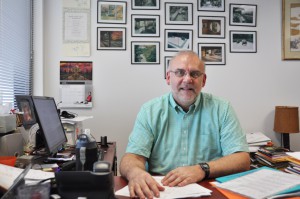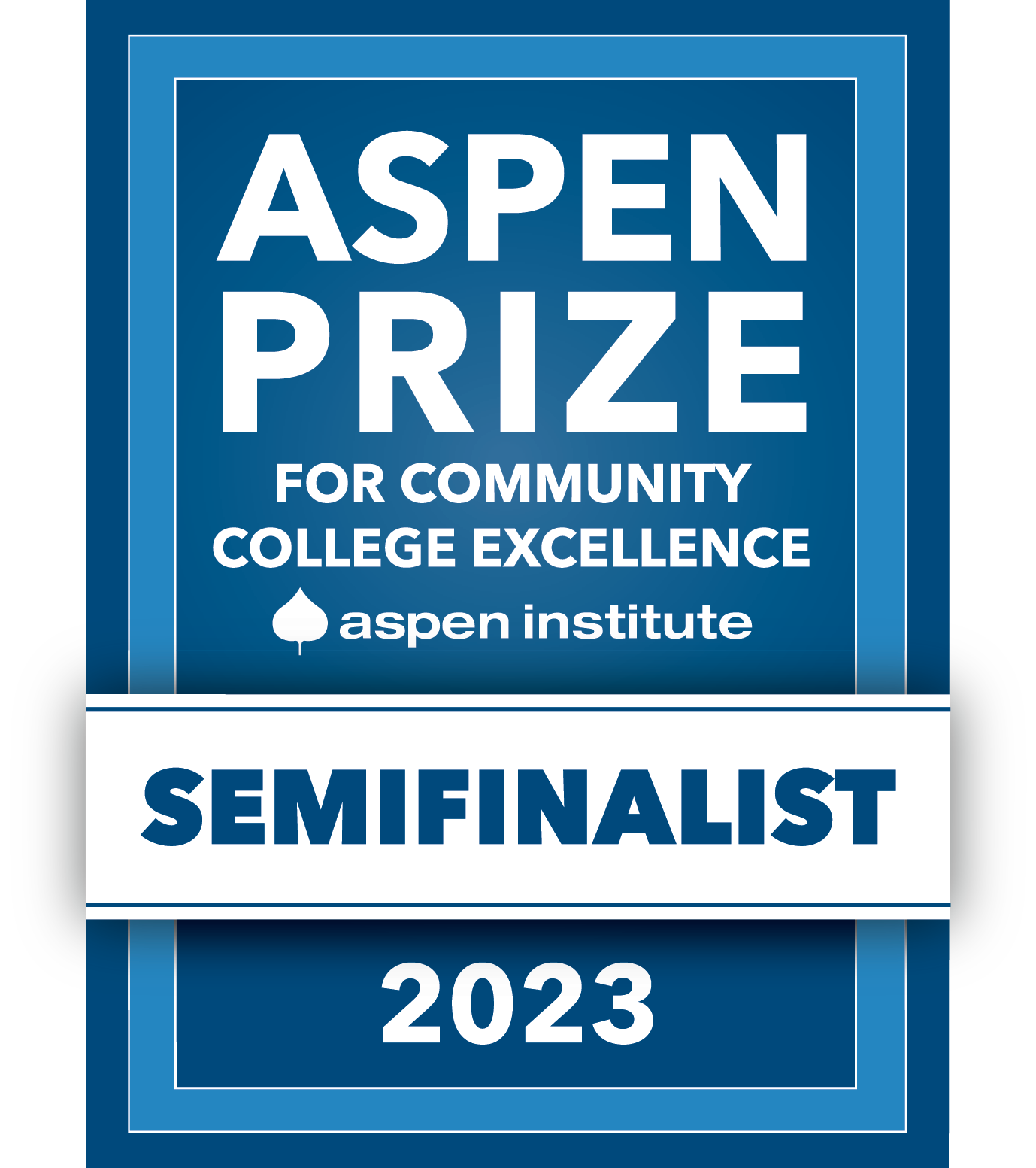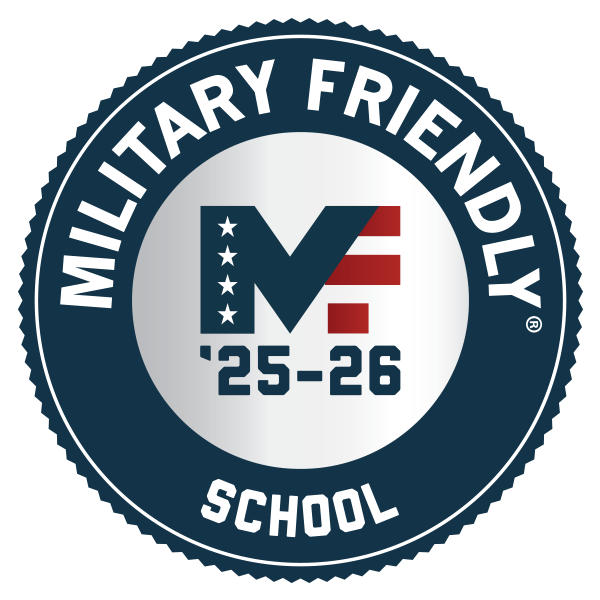- Welcome
- Campus Maps
- History
- Mission Statement
- Accreditation
- Administration
- Employment
- Human Resources Employment Process FAQ
- Position Vacancies
- Salary Schedule (PDF)
- Employee Benefits
- Paid Holidays
- Employee Handbook (PDF)
- Faculty Handbook (PDF)
- BENCOR Special Pay Plan (PDF)
- Social Security Collection and Usage
- Affordable Care Act Notice (PDF)
- Social Security Disclosure Summary (PDF)
- Tobacco-Free College
- Drug-Free Workplace & Campuses
- Technology Usage Acknowledgement (PDF)
- Employee Safety Manual (PDF)
- SFSC’s Annual Security and Fire Safety Report (PDF)
- Calendars
- News
- Social Media
- Honoring Our Retirees
- Celebrating Our Trustees
AVON PARK, Fla.–April 12, 2016–Dr. Thomas Leitzel, SFSC’s president, announced this week the appointment of Erik Christensen to the post of dean of applied sciences and technologies.
Christensen, currently professor of physics and chair of the natural sciences department, succeeds Kevin Brown, who retires on May 31 after 17 years of service to the college.
“I couldn’t think of a better person to lead applied sciences and technologies at this time when we are embracing advanced technology and fulfilling SFSC’s vision in creative ways,” Dr. Leitzel said. “Mr. Christensen was the unanimous choice of the selection committee.”
Christensen started teaching at SFSC 12 years ago after retiring from a career in the U.S. Navy. He teaches physics and astronomy, and is popularly known for the evening star gazing parties that draw students and area residents to the Highlands Campus.
“I am both honored and humbled as I step out of the classroom into administration,” Christensen said. “But I am also excited at the prospect of putting my leadership skills to work helping the college and working with familiar, but still new colleagues.”
The dean of applied sciences and technologies oversees SFSC’s many technical and occupational programs. From the auto body repair shop to the culinary arts kitchen to the air conditioning, refrigeration, and heating technology program, Christensen will shoulder responsibility for programs that place graduates to work in jobs throughout SFSC’s tri-county service area and beyond.
He will also manage educational programs that call upon his areas of expertise: engineering and science. SFSC’s EXCEL-IT information technology and the bioenergy programs come under his direction.
Christensen graduated from the U.S. Naval Academy with a bachelor’s degree in ocean engineering, leading to 23 years of active duty with the Navy. He also earned two degrees from the Massachusetts Institute of Technology, a professional Naval Engineer degree and a master’s in mechanical engineering.
One might ask, “What does a naval engineer know about teaching students how to cook for 50 guests or repair a dent in a bumper?” As it happens, Christensen knows a good deal, and a bit more.
“I served as the repair officer on a surface ship tender with 800 officers and sailors under my command,” Christensen said. “On our ship we had welding shops, a foundry, and sheet metal works doing repairs on our ships in the Atlantic Fleet that kept them afloat and operational.”
On shore, Christensen served as the planning officer at the Navy’s Shipbuilding, Conversion, and Repair yard in Portsmouth, Va. At the facility, Christensen headed up a team of 200 civilian engineers who designed and planned major ship repairs for the Atlantic Fleet.
What about cooking? “I was professionally trained in classic cuisine at the prestigious New Zealand School of Food and Wine,” Christensen said, who spent a year abroad studying at the school in Christchurch, the country’s capital. “Here in Sebring, each week I lead a group of 25 volunteers at my church in preparing a restaurant-quality, three-course dinner for about 150 people.”
Christensen received SFSC’s President’s Award-Employee of the Year in 2005. From 2009-11, he led the development of SFSC’s Quality Enhancement Plan, or QEP. Strategic planning is one of Christensen’s special areas of expertise, a skill that impressed Dr. Leitzel.
“Erik is totally on board with everything that is planned in Destination 2020, our new strategic plan,” Dr. Leitzel said.
Christensen lives in Sebring with his wife, who teaches at Fred Wild Elementary School.
For now, Christensen will close out his teaching responsibilities as the spring term at SFSC ends. He will work with Brown on the transition for the remainder of May and June. He officially takes up his new duties on July 1.
“What really has me excited is the belief that I know I can do more to help the students as a dean than as a department chair,” Christensen said. “There are three areas I know I can make a difference for the better: helping students, improving the college, and connecting with the community.”
“First, though, it’s about helping students,” Christensen said.





